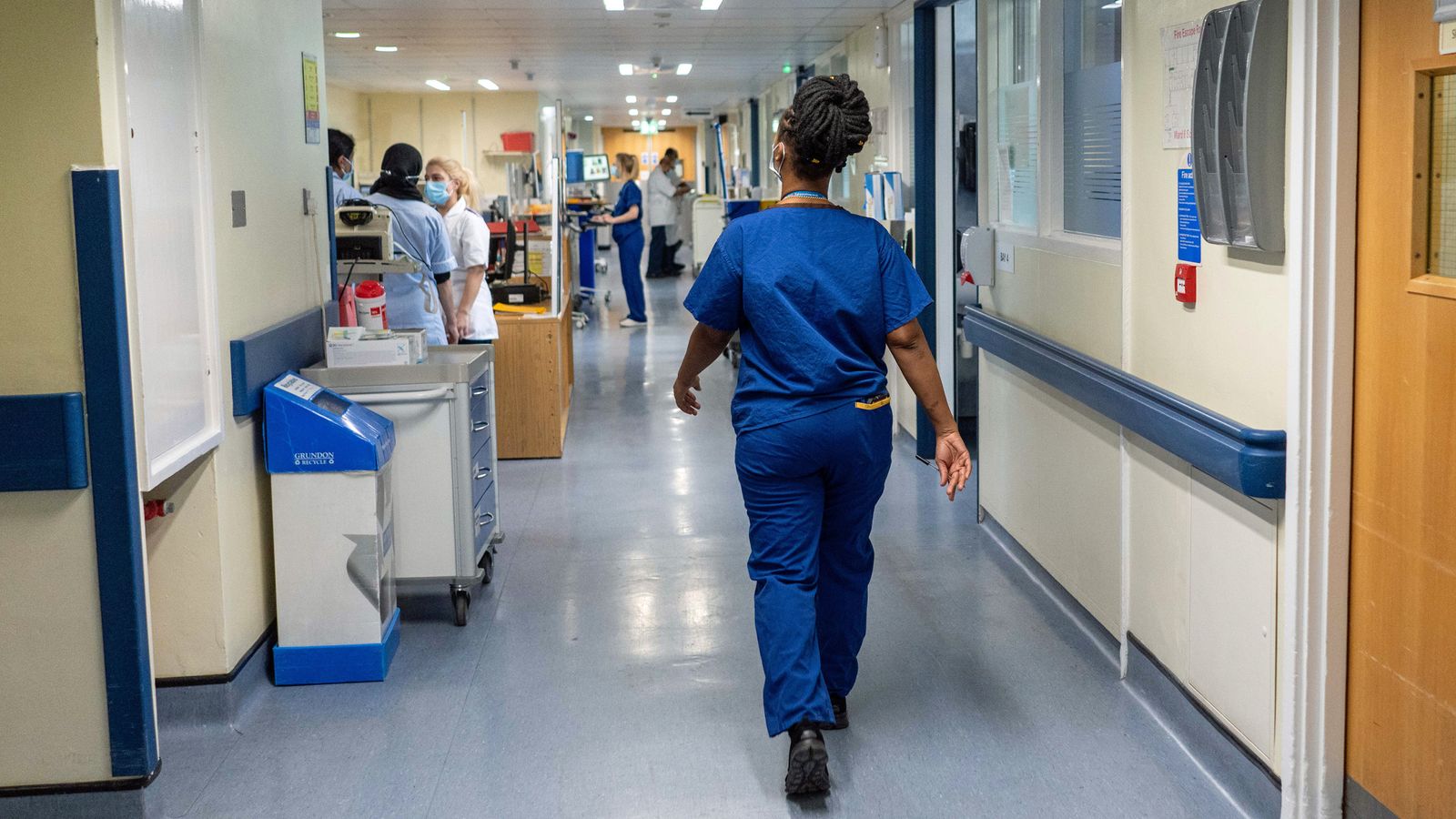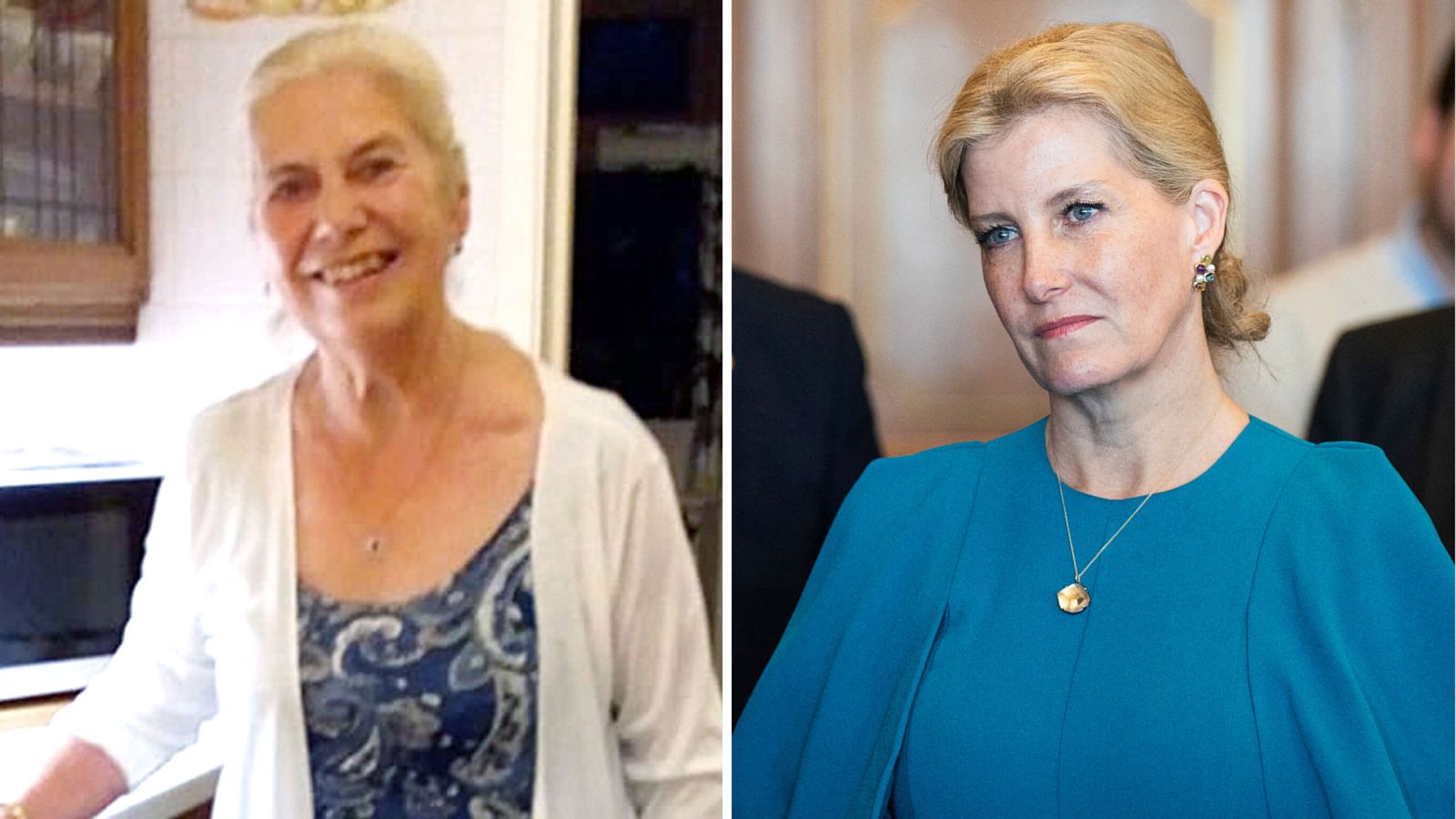Life inside Europe’s drugs death capital: ‘Dying would be better than my £1,000 a month heroin addiction’


It is a freezing morning in east Glasgow and the only thing Chris has on his mind is how quickly he can get his first fix.
He strides down the street brandishing a needle in the air, as cars and vans drive through the housing estate. The syringe is filled with brown liquid.
“20ml of heroin for £10,” he shouts, as he brags it took him less than ten minutes to obtain.
A 41-year-old former painter and decorator, Chris recounts how his nearly two decades of crime and drugs started after his mum was murdered in 2007. But it is clear he is distracted – and increasingly desperate. “I just need to get this in me,” he says, holding up the heroin.
He walks to a makeshift drugs den on the corner of a supermarket car park. Buried deep in the bushes, it is strewn with blood-soaked needles and drug paraphernalia – one trip and there would be a serious risk of contracting a dangerous infection.
Chris doesn’t bat an eyelid. He sits on a crushed petrol jerry can covered in dirt and muck, his drug-filled syringe clutched between his teeth as he pulls down his trousers.

“It’s really disgusting, having to do this,” he shouts, a nod to the lack of dignity in this deeply personal moment.
He prods and tugs at the skin on his lower leg and groin, desperate to find an area to inject. Silence falls as the drugs enter his system.
Just a stone’s throw away, a new government facility is about to open, allowing addicts to bring their illegal narcotics and take them under medical supervision, without the fear of arrest by police.
Advertisement
The “safer drug consumption room“, which will be the first of its kind in the UK, is how authorities are trying to tackle drugs deaths and clean up the streets. It is set to open in the coming weeks.

Scotland has the highest rate of drug deaths in Europe. Last year, 1,172 people died due to drug misuse, according to National Records of Scotland data. That is up 121, or 12%, compared to the previous 12 months.
Opioids – such as heroin – were implicated in 80% of the deaths. And Glasgow is at the centre of the epidemic.

‘No trust’
Officials believe the project could lure people like Chris off the back alley and in to a sanitised, clinical environment.
Chris speaks eloquently and passionately – and sometimes bluntly – about his life on the streets. Just two days before we meet him for the second time, the tent he lives in was set on fire.
He is no saint – and does not pretend to be. Nicknamed “Macka”, he reveals he funds his £1,000-a-month drug habit by shoplifting from major high-street retailers.
Click to subscribe to the Sky News Daily wherever you get your podcasts
But he is yet to be convinced by the government’s scheme.
“I think if you’re in that area? Yes,” he says.
“But do actually people think that it’s a trap? I don’t think there’s that level of trust.”
A controversial idea
Since 2016, when the idea of a safer drugs consumption room in Glasgow was first considered, there have been six prime ministers, three first ministers, endless debate and more than 8,000 Scottish drug deaths.
It is a regular feature in some other major European cities that have claimed high success rates in saving lives.
But the idea is controversial – and not cheap. Up to £2.3m has been ring-fenced every year for pilots in several Scottish cities, depending on the “success” of Glasgow.
This is a political decision and comes amid a backdrop of services being slashed in other areas amid squeezed budgets.

Keep up with all the latest news from the UK and around the world by following Sky News
The big test will be whether deaths decrease or not – and how this will operate alongside the work of law enforcement.
Those who oppose the idea fear it could downplay the dangers of drugs, while diverting vital resources away from treatment-based approaches.
The Home Office previously said there was “no safe way to take illegal drugs”.
But in response to concerns that the centre could become a “magnet for crime” with drug dealers looking to take advantage of vulnerable people, NHS officials in Glasgow said: “The international evidence would suggest that’s unlikely to happen if the service is well managed.”
For some people on the streets, it could be too late.
I ask Chris whether he ever considers if that hit could be his last.
He responds: “To be honest mate, that would be a blessing. The way my life is right now, dying? Dying seems like a better life.”


